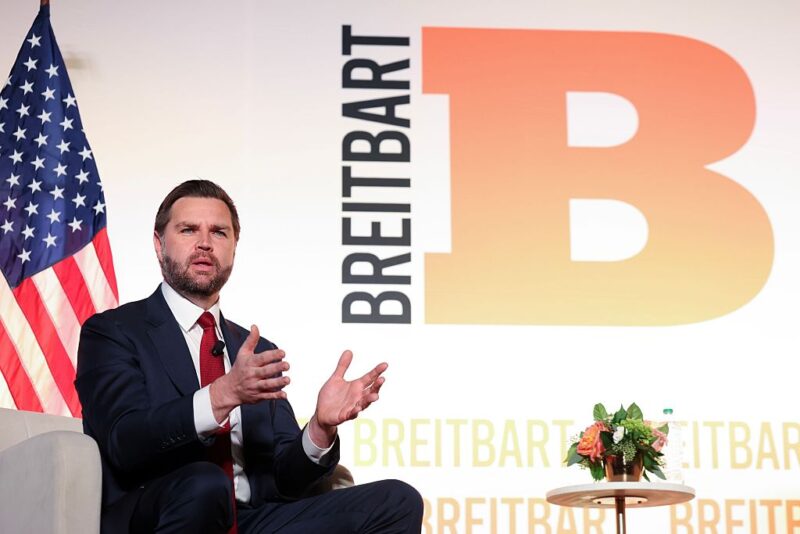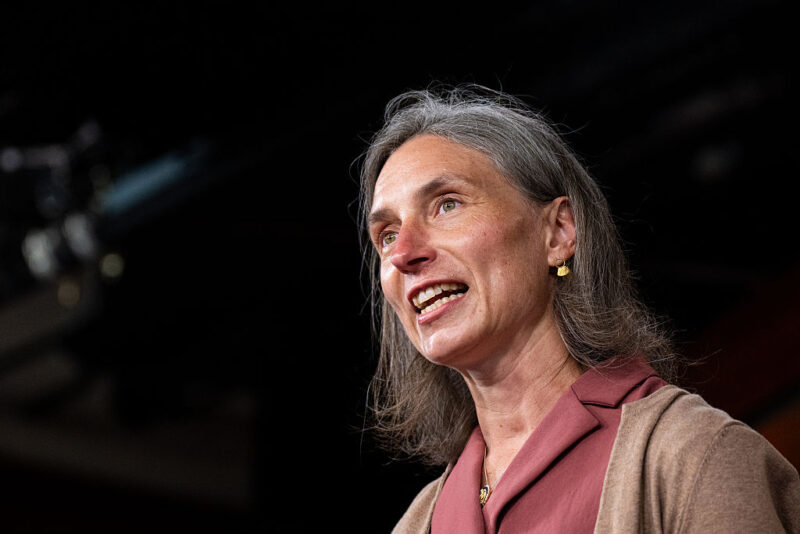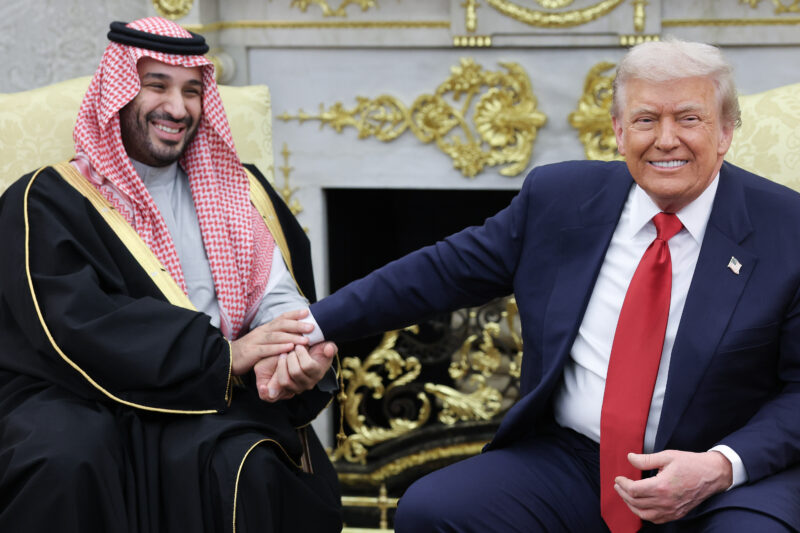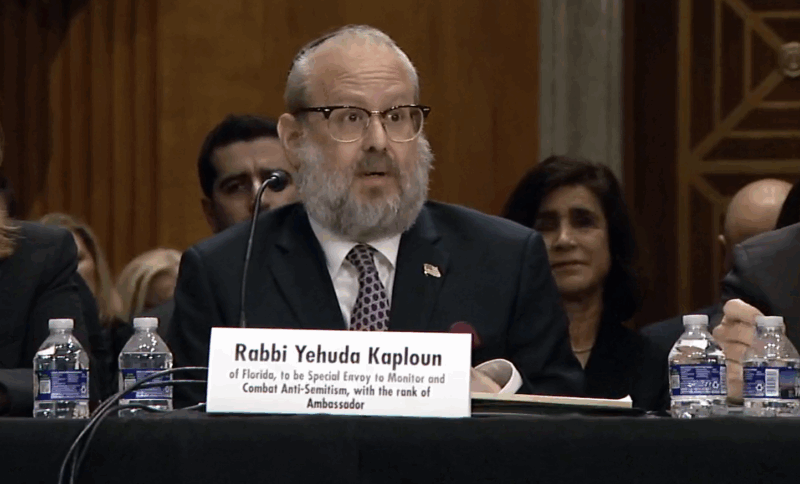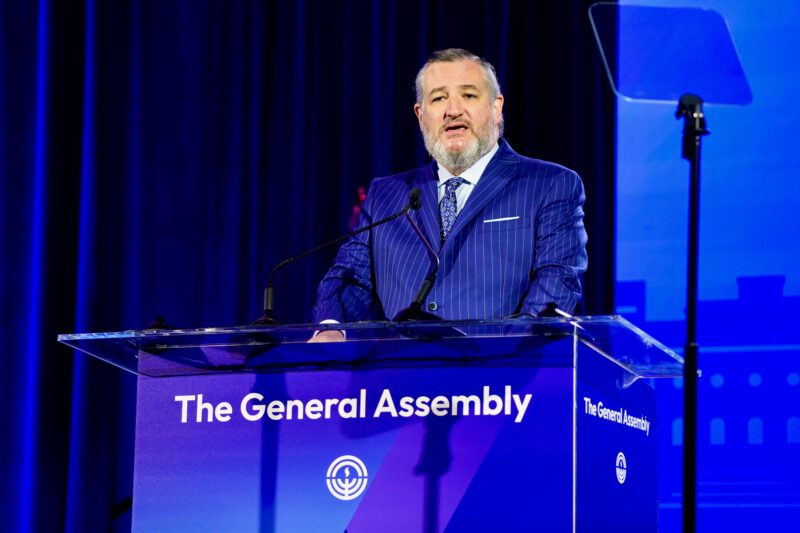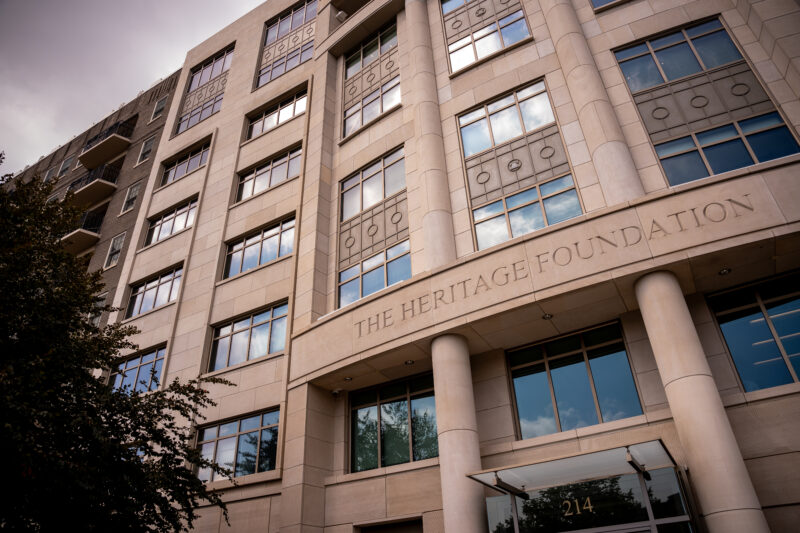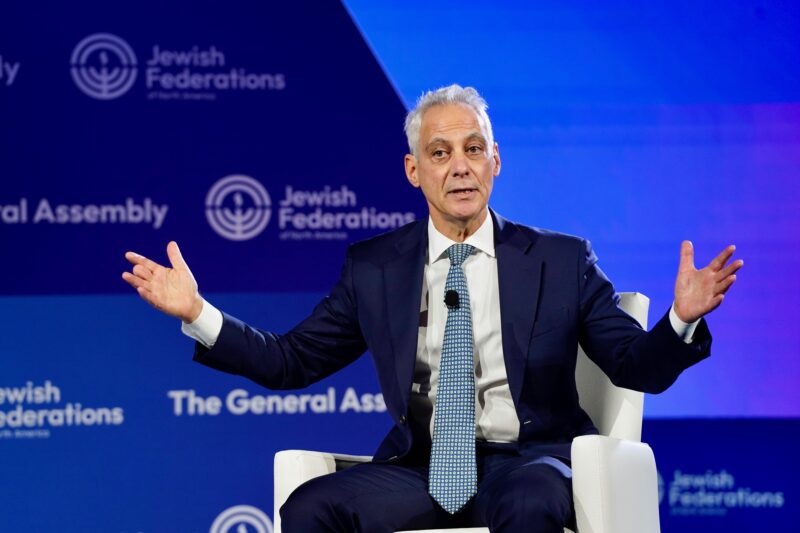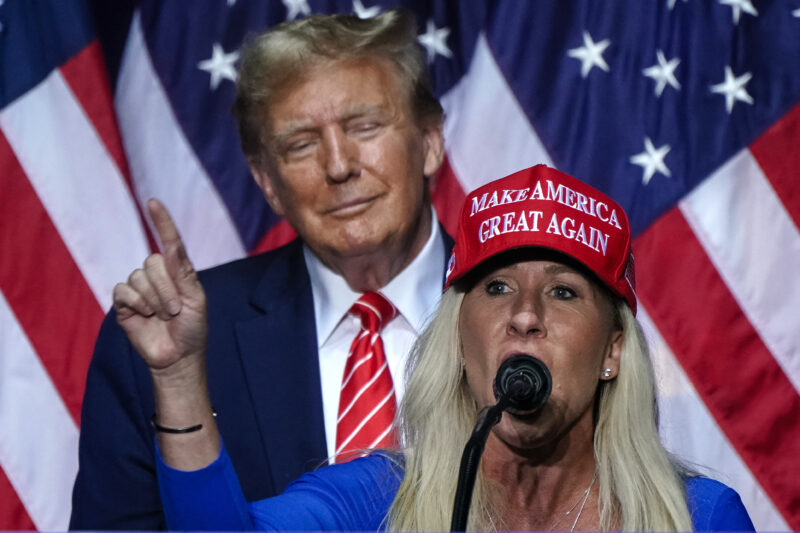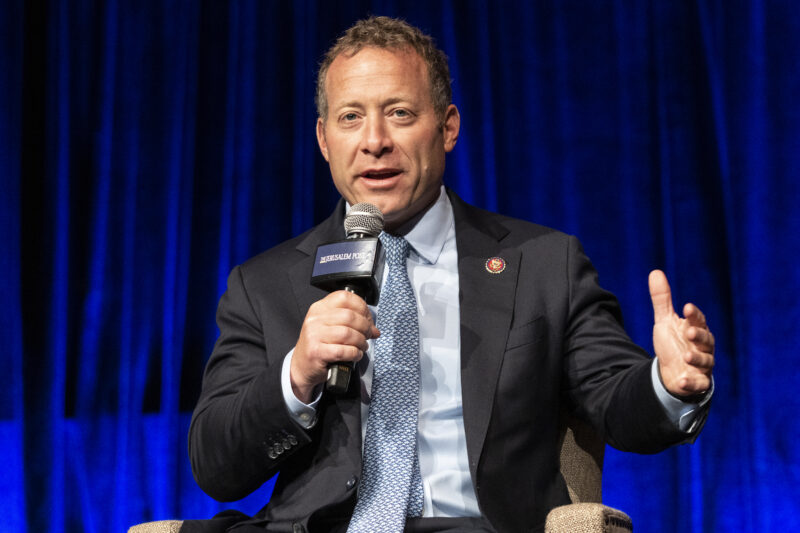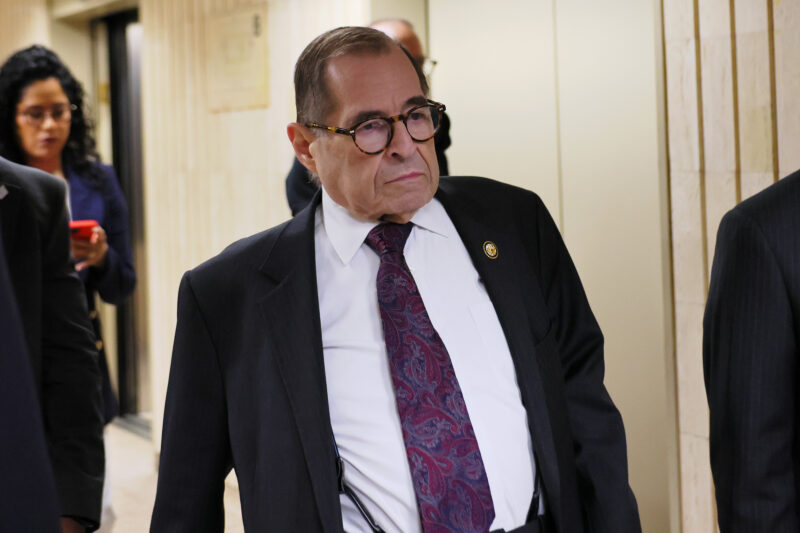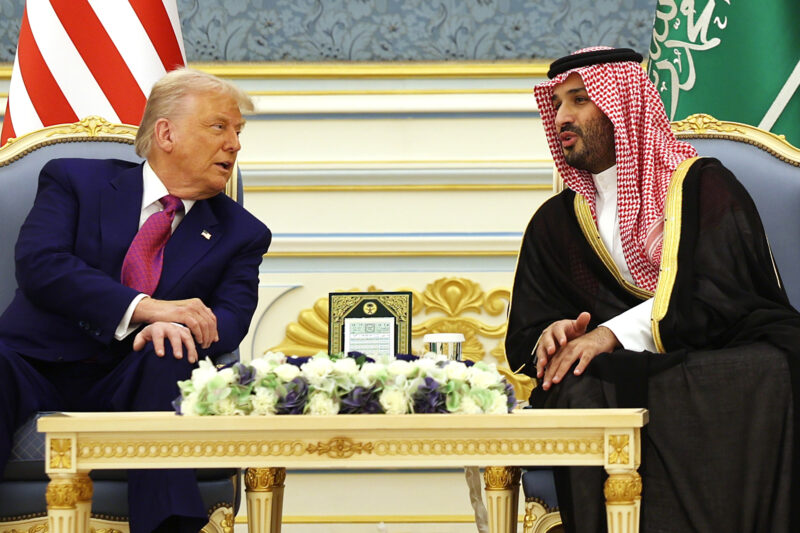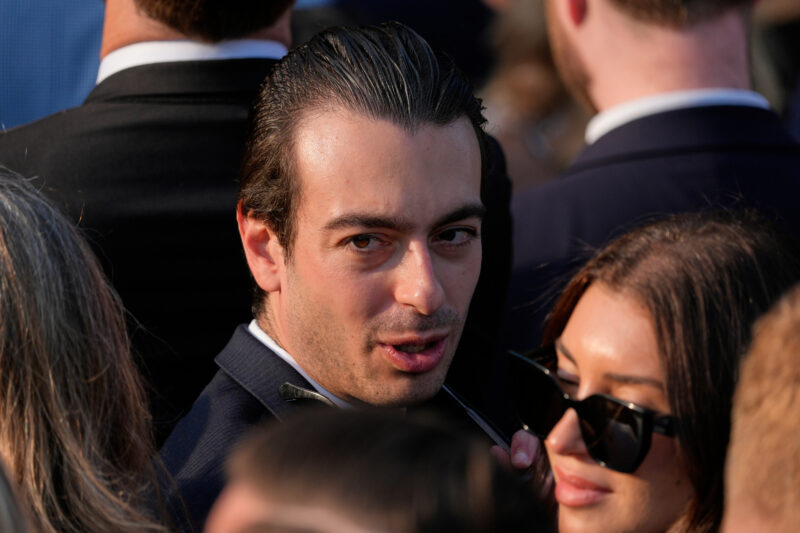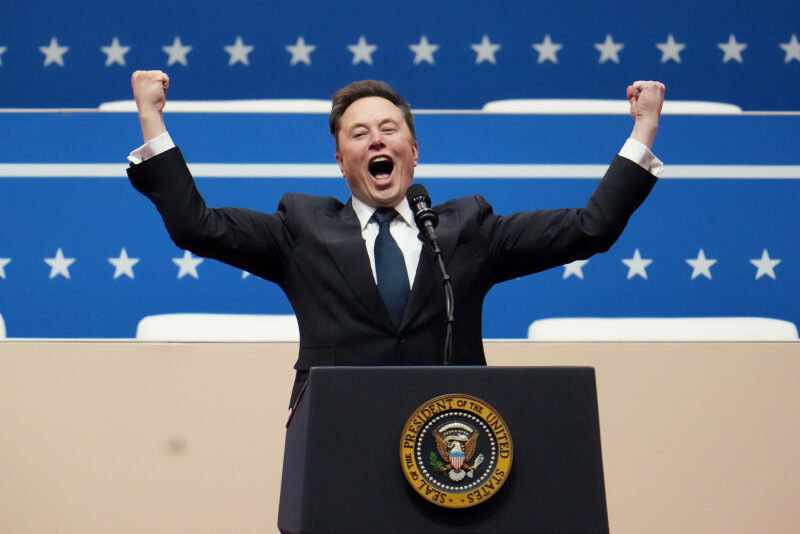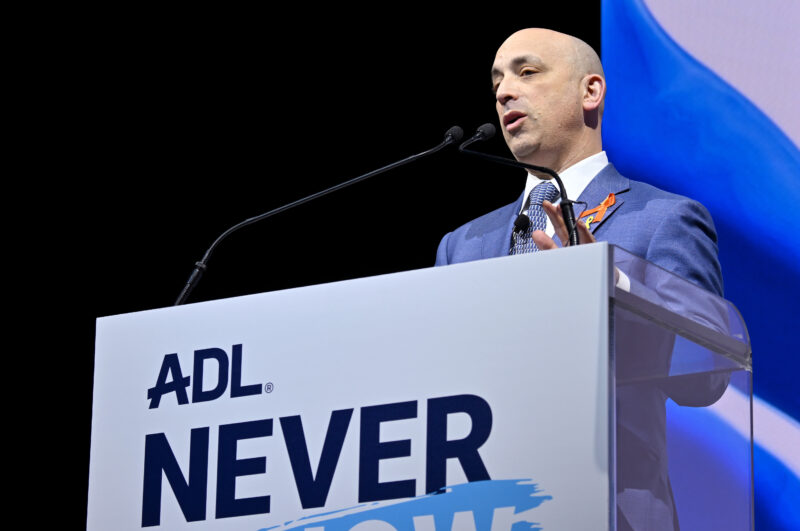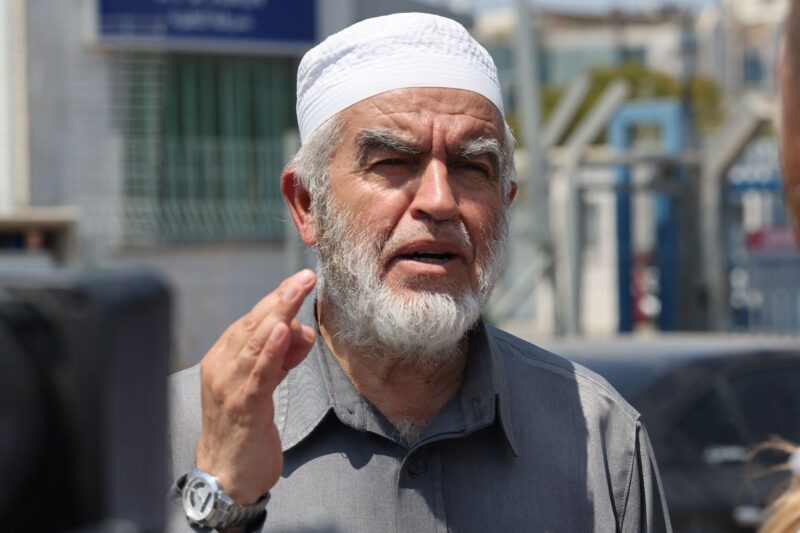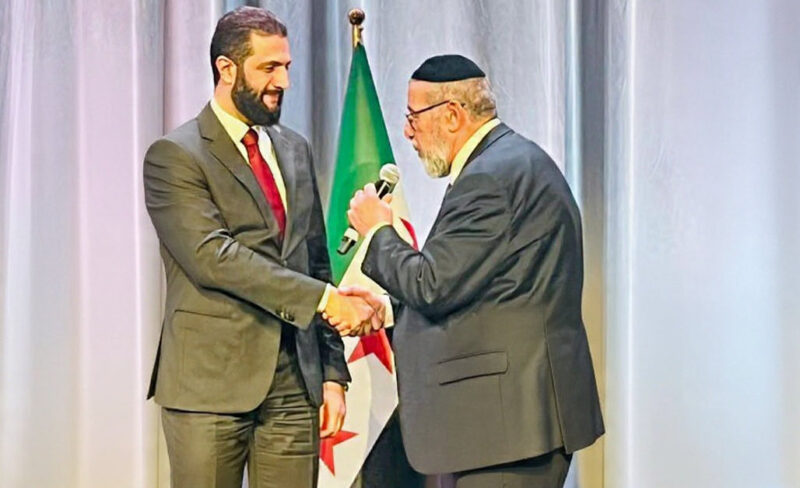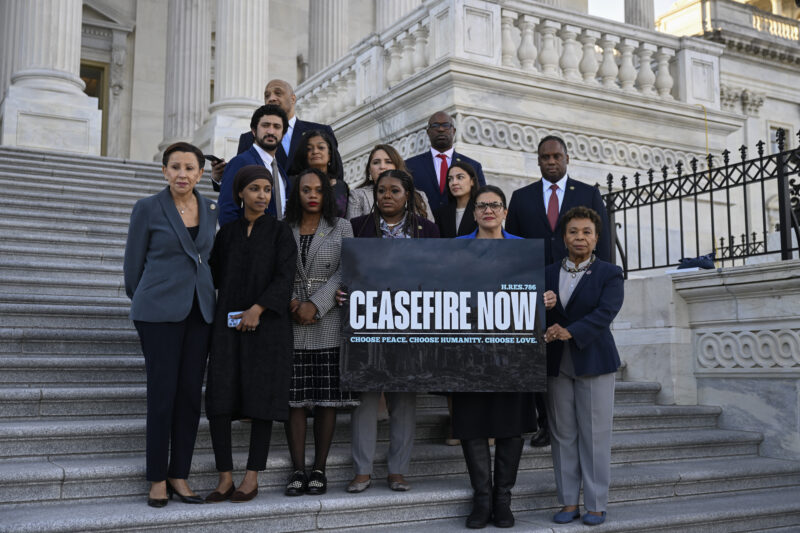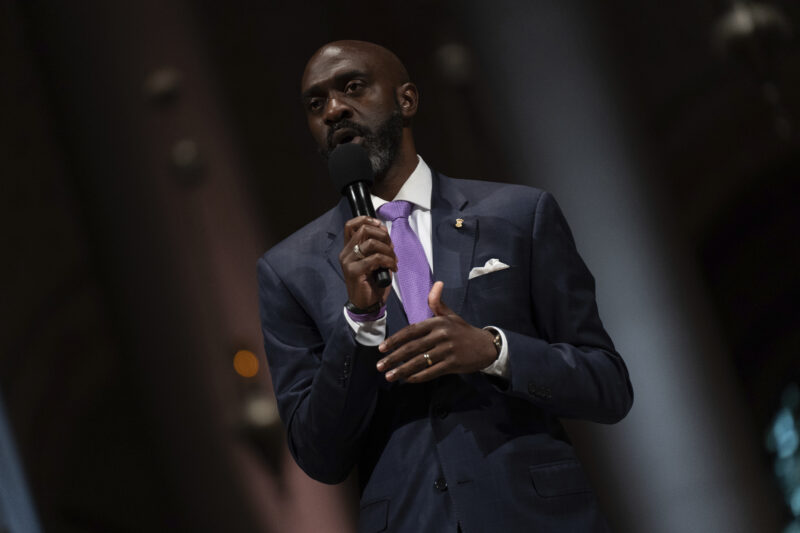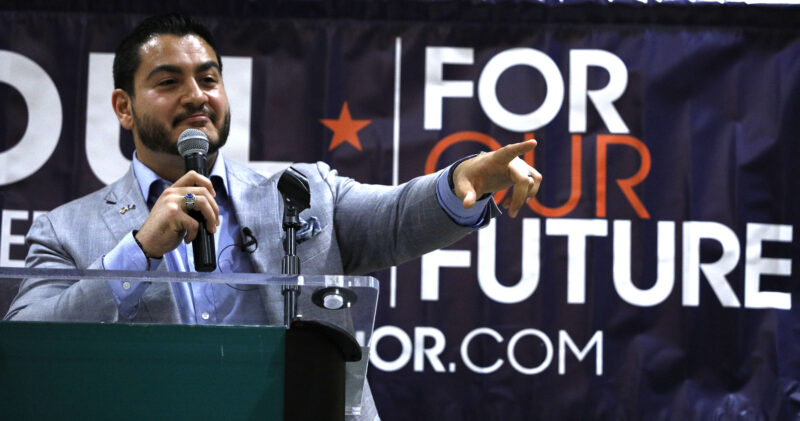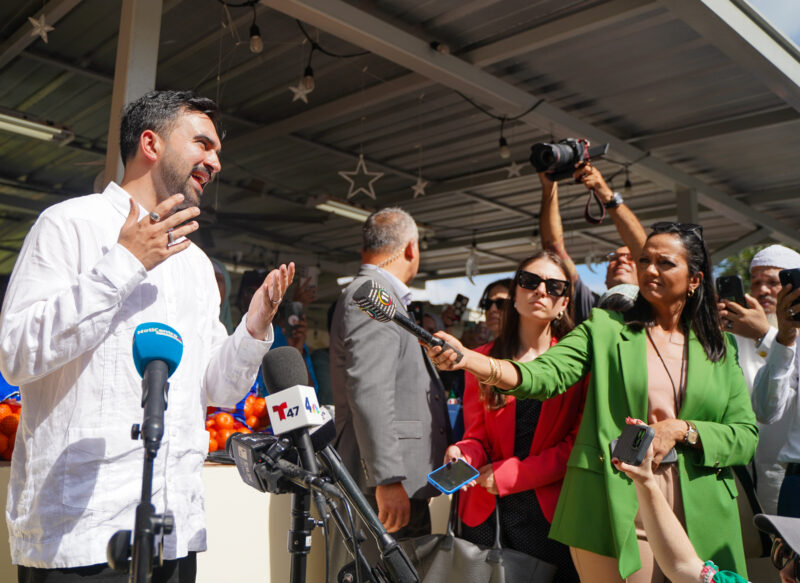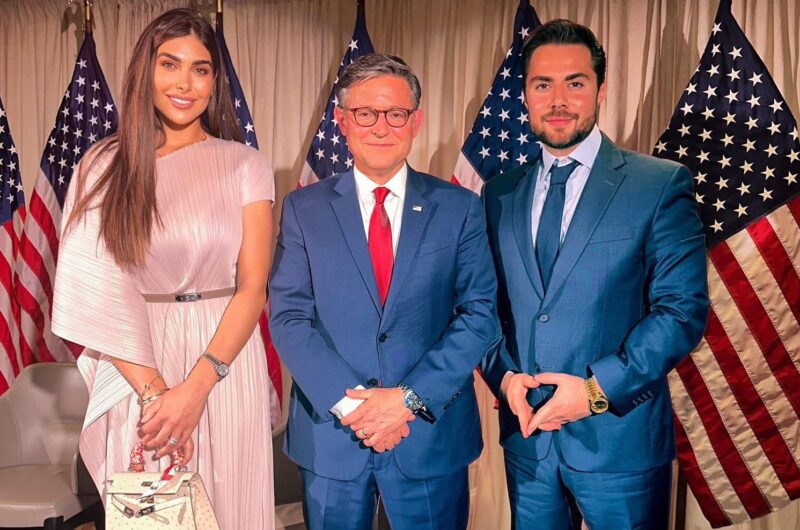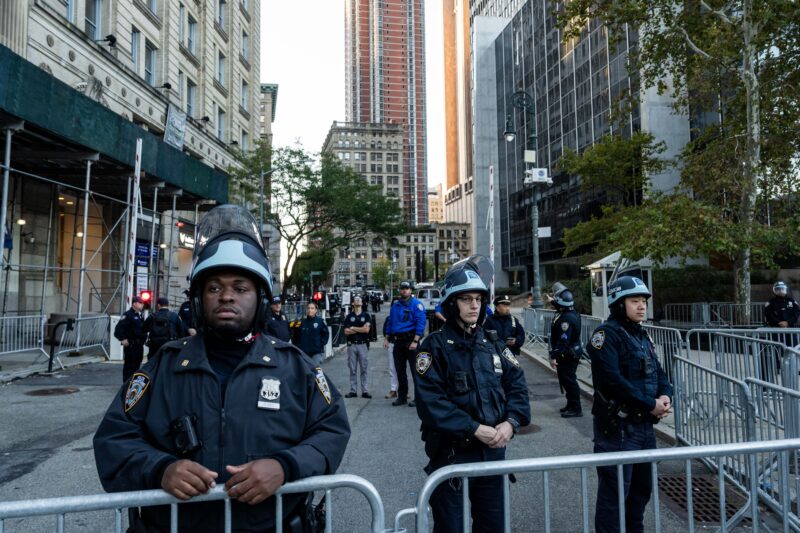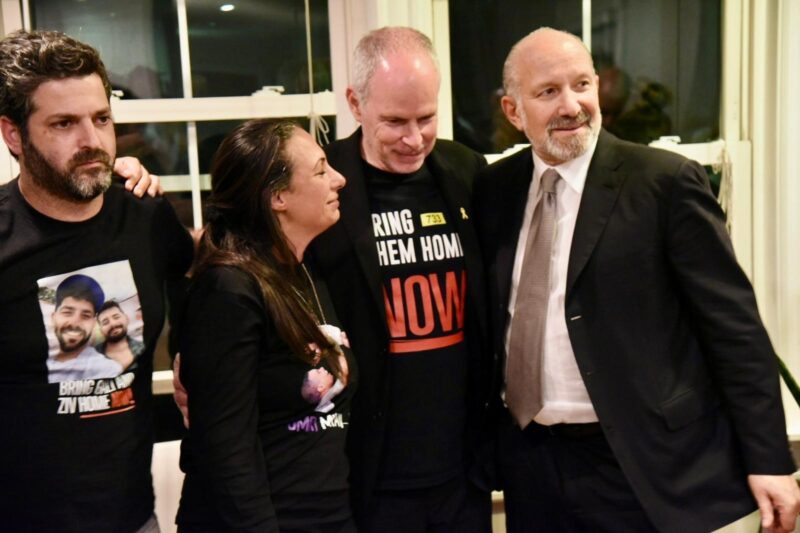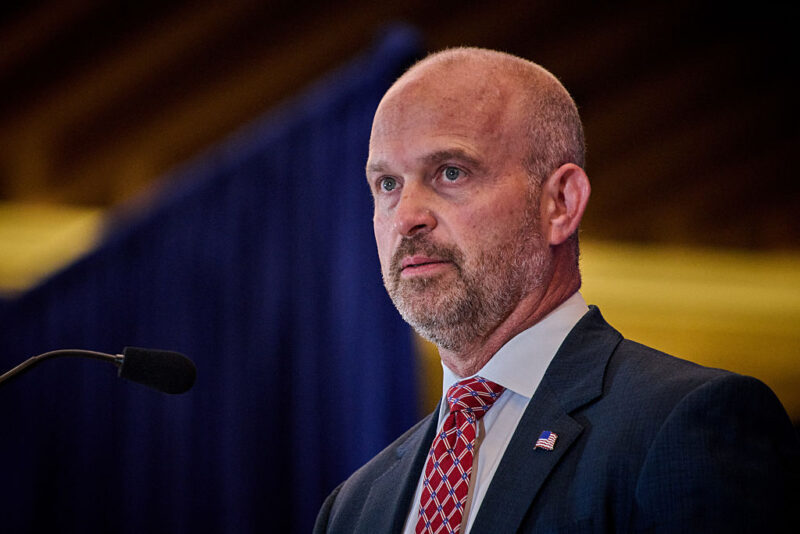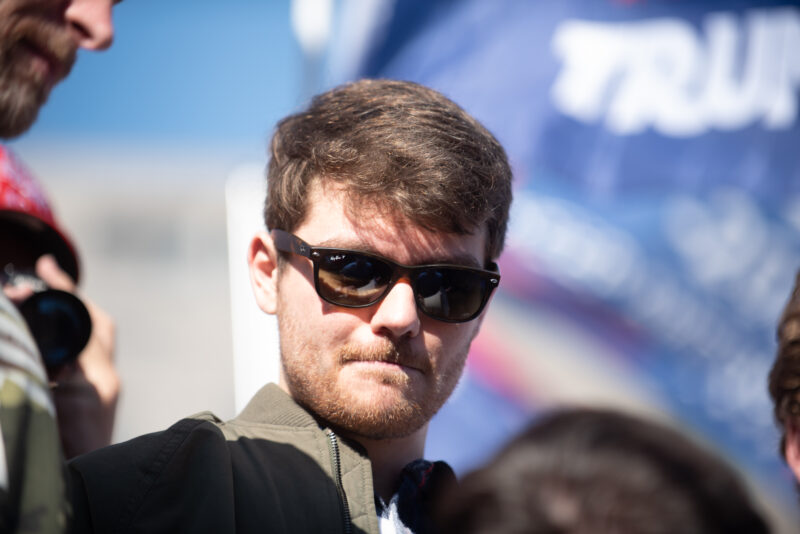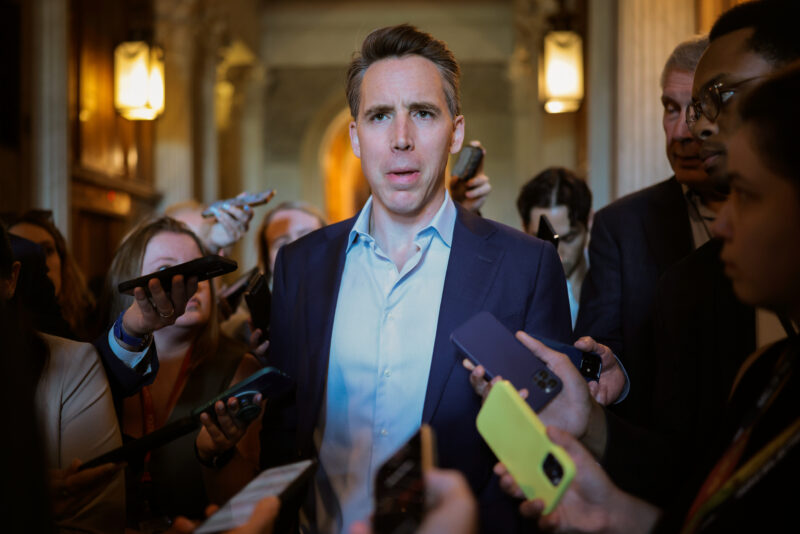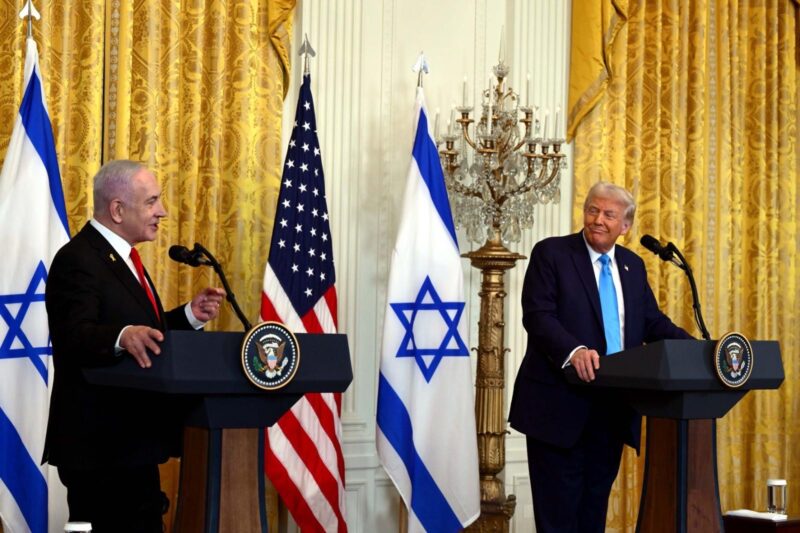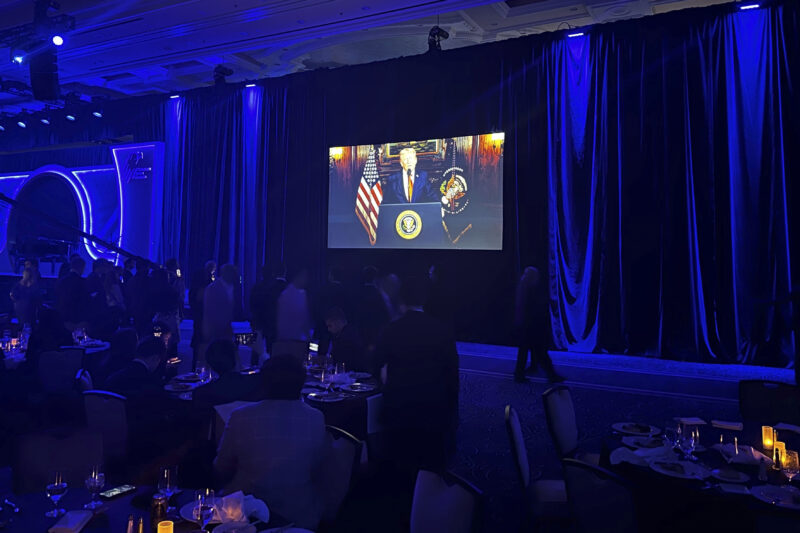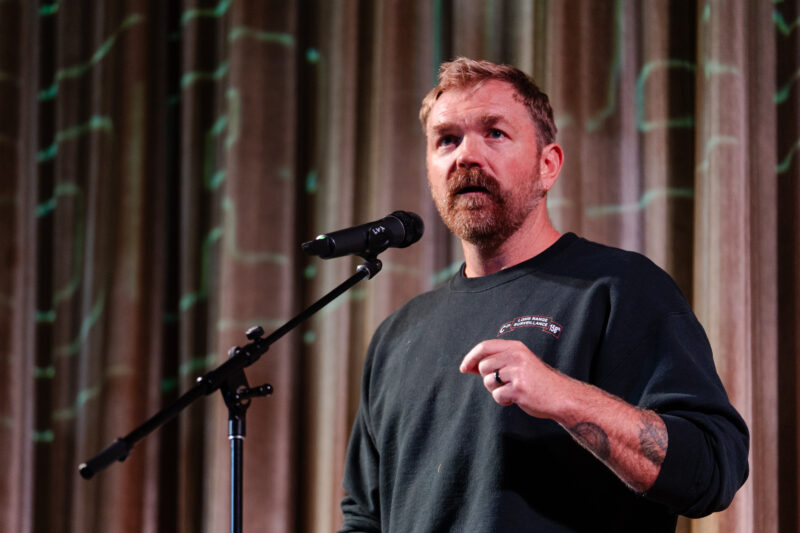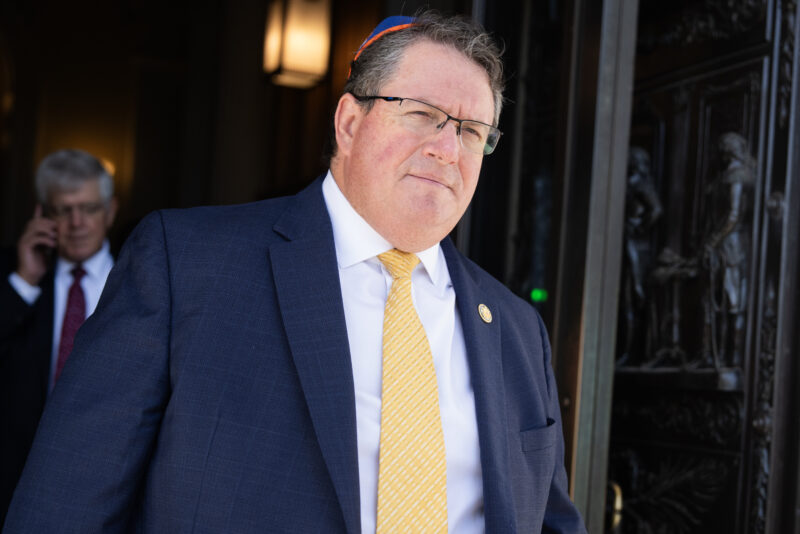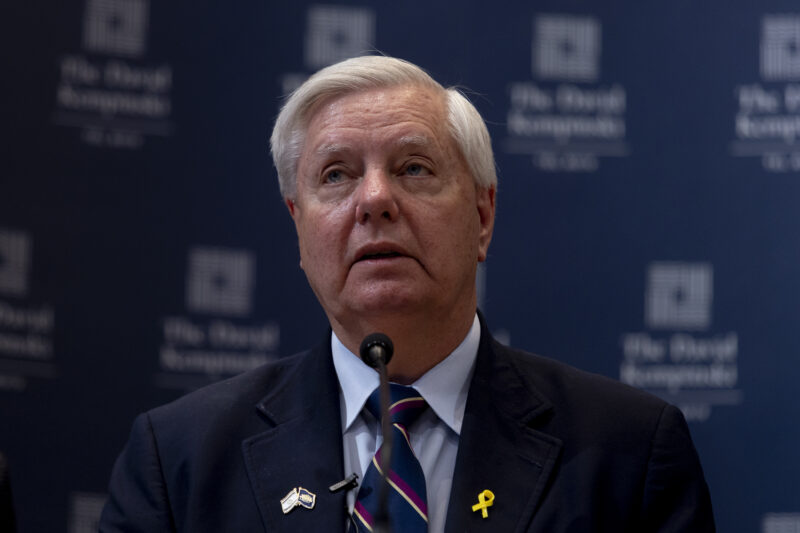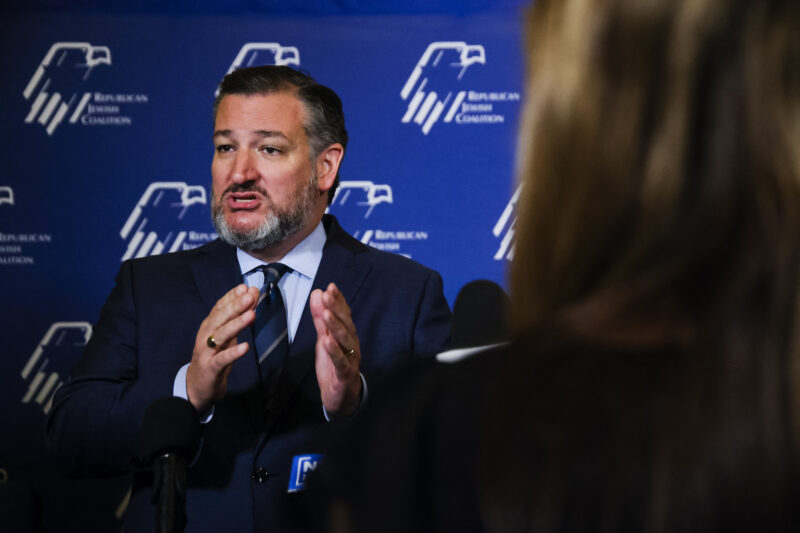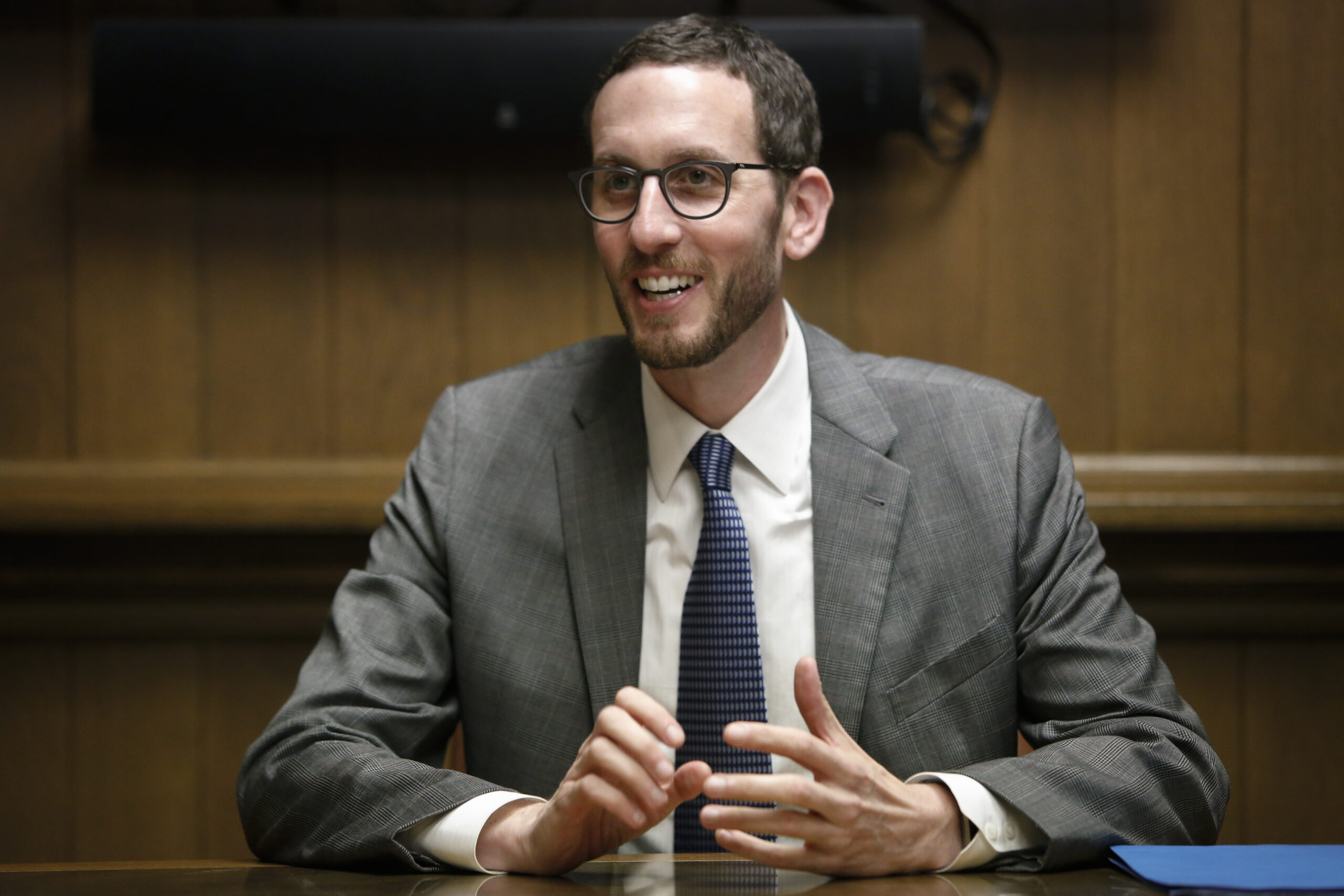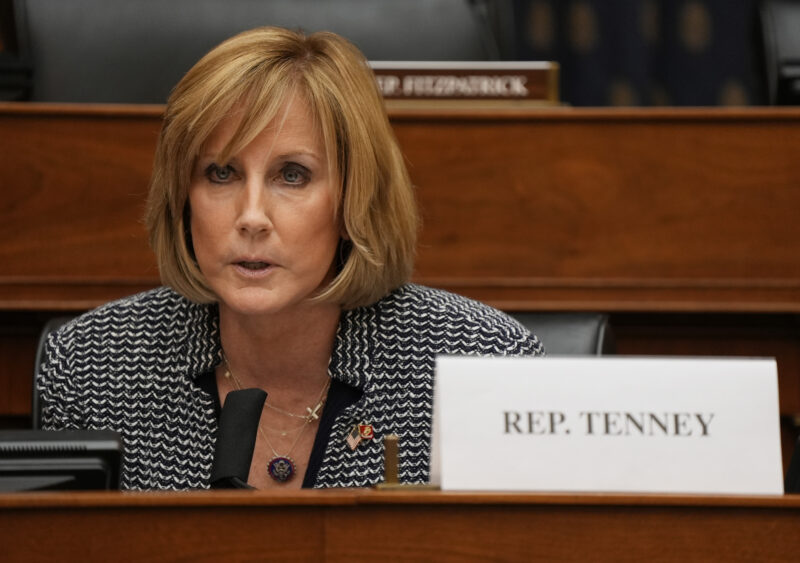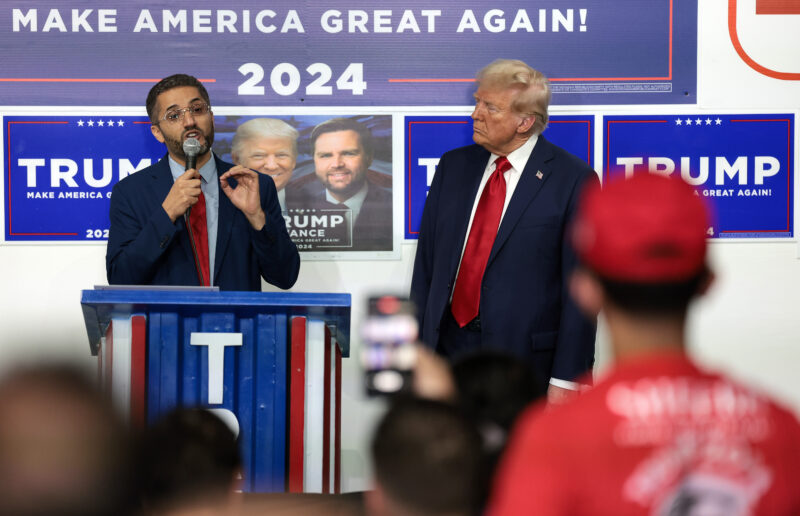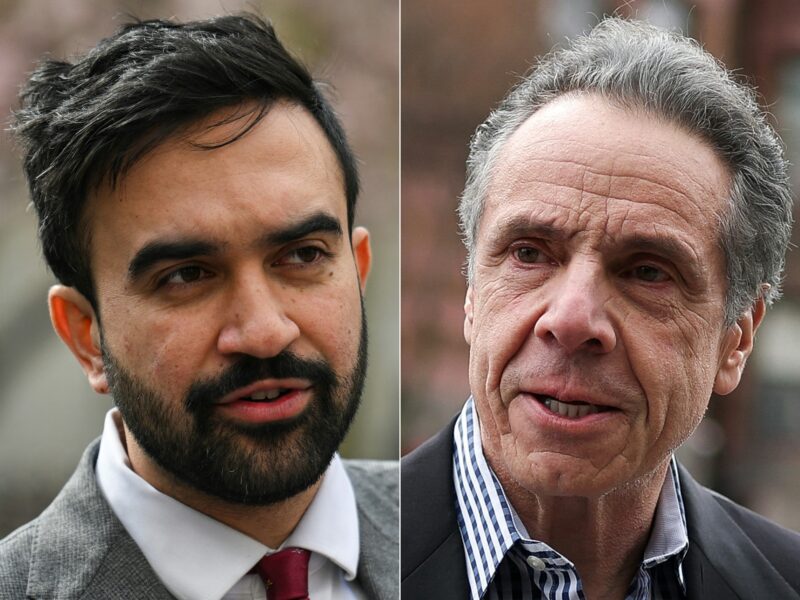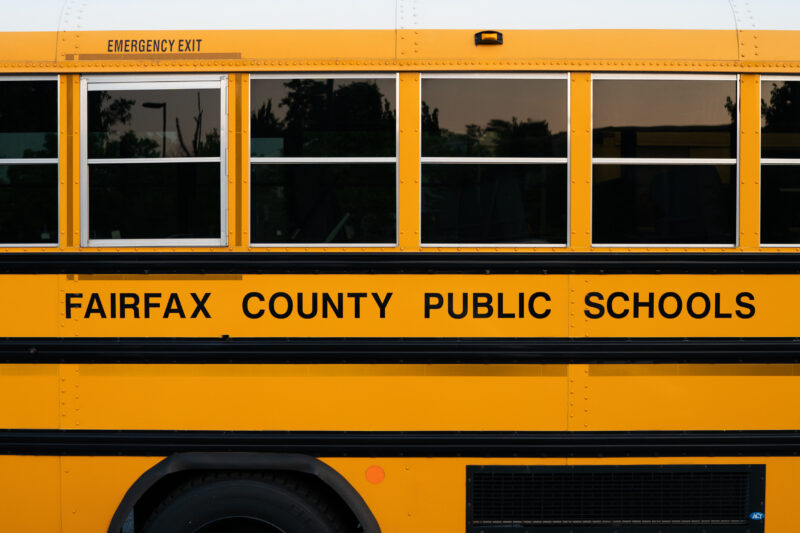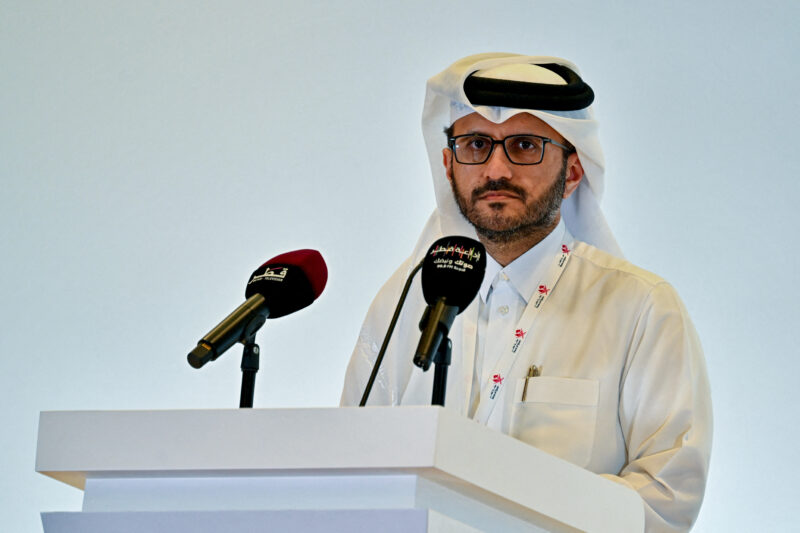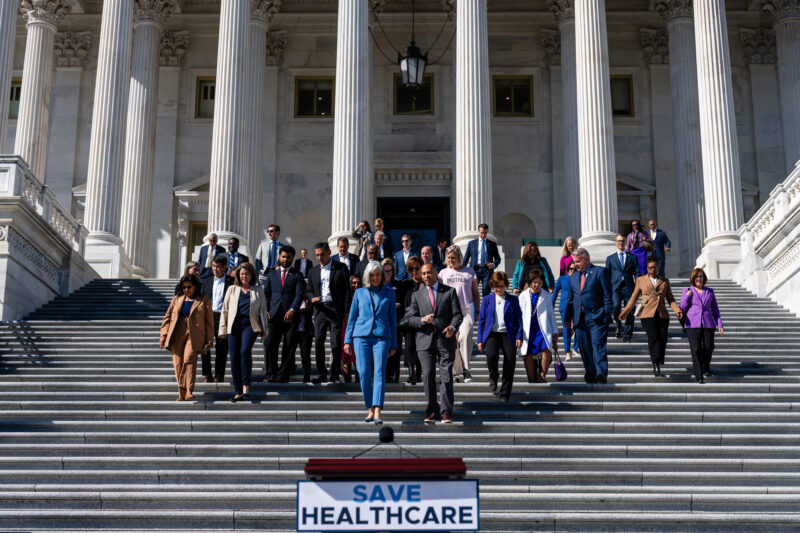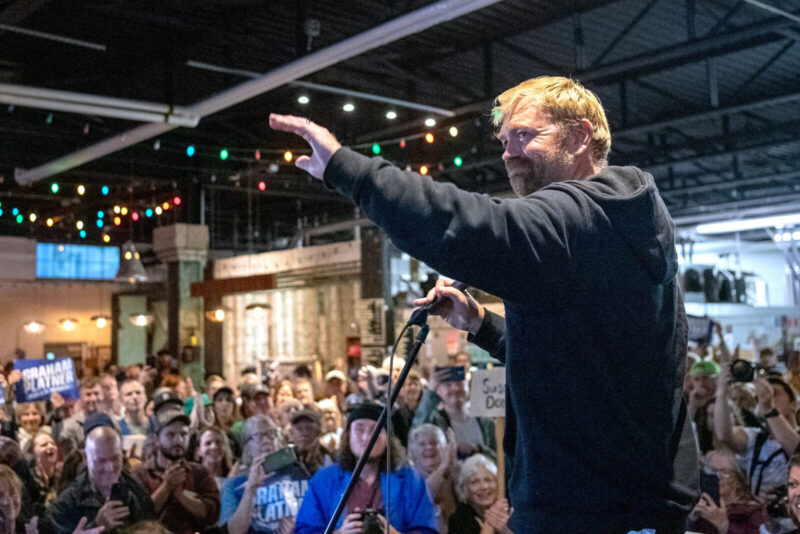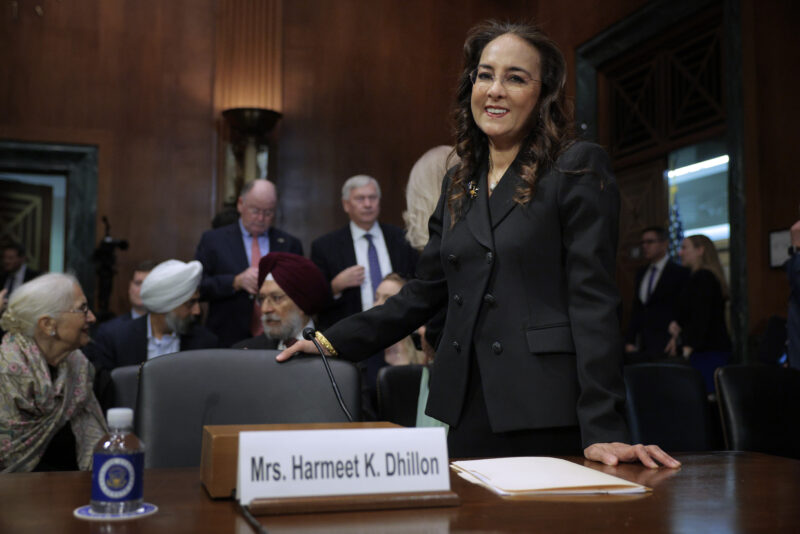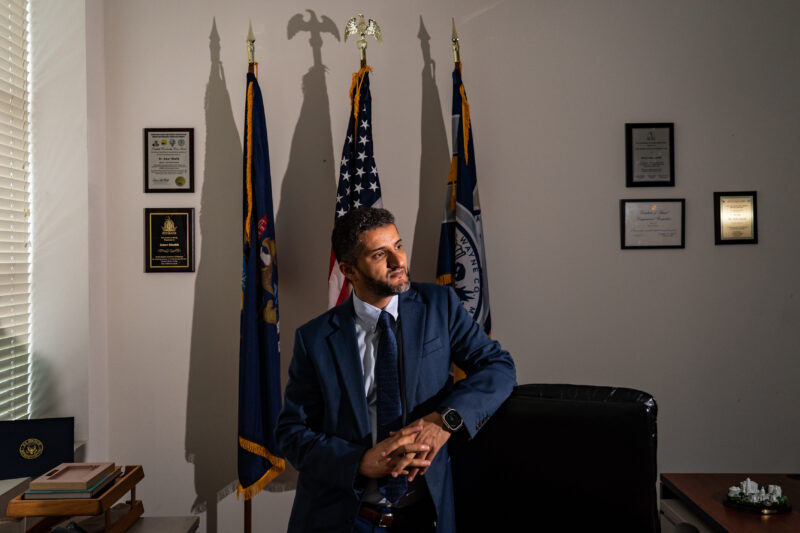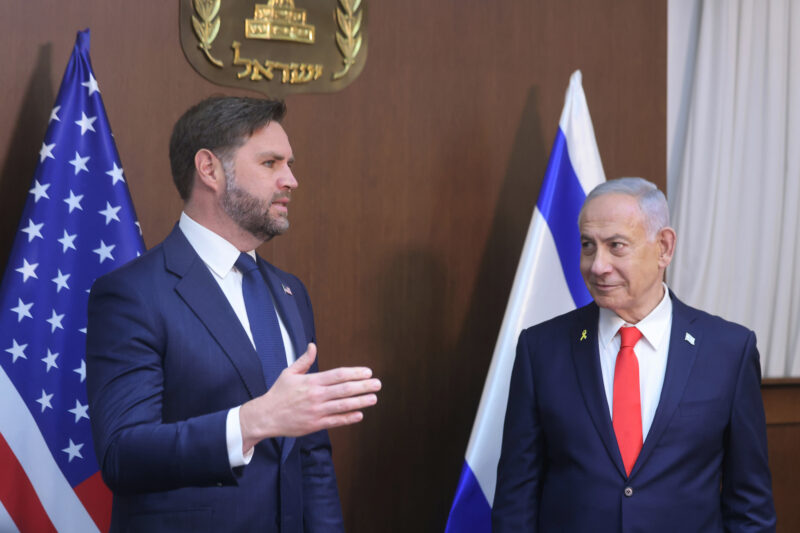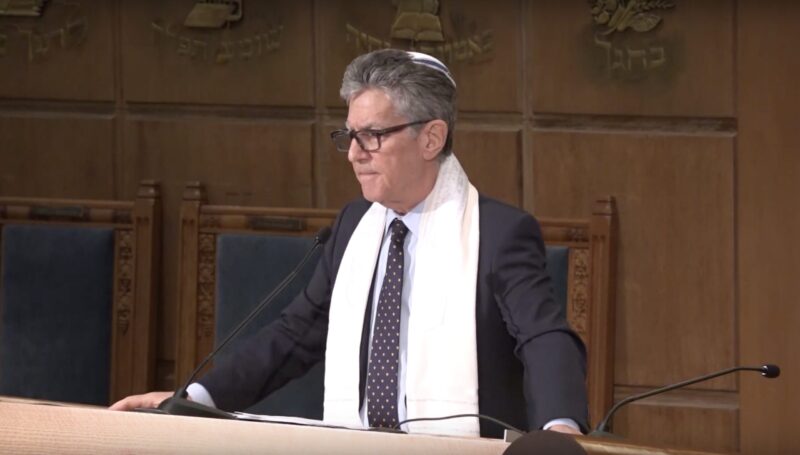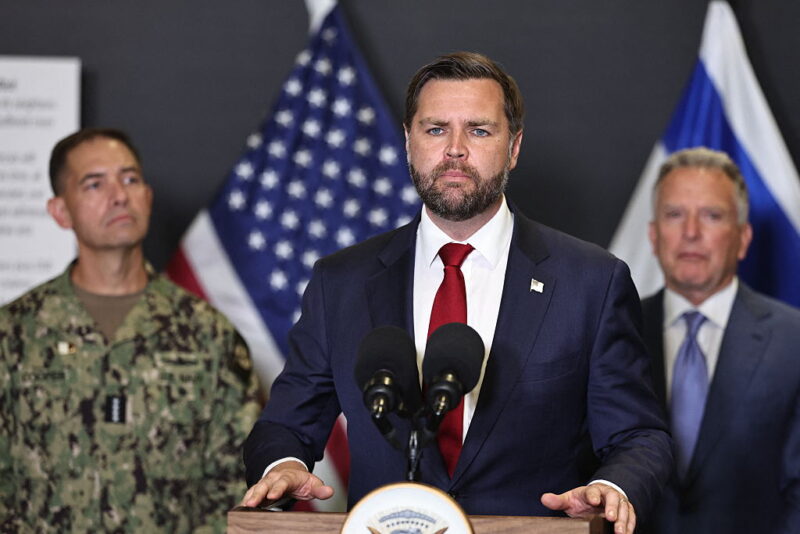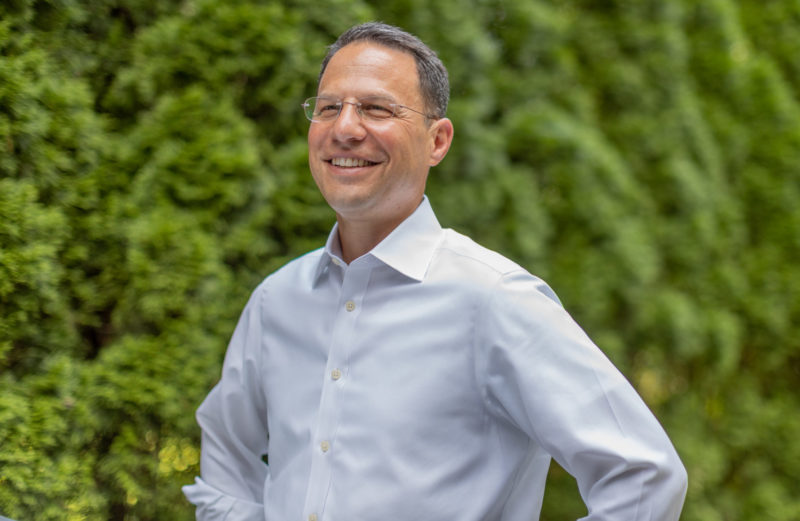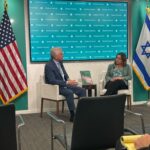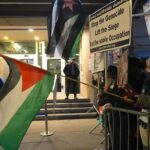What’s giving Shari Redstone hope about the Middle East
'I have this line: content leads to conversation that leads to change. That's sort of the basis of a lot of the initiatives I do at home around antisemitism and racism and civics education,' Redstone said at the MEAD summit

Bruce Glikas/Getty Images
Shari Redstone poses at the opening night of the new play "Job" on Broadway at The Hayes Theatre on July 30, 2024 in New York City.
Inside a ballroom filled with diplomats, policy experts, foreign leaders and elected officials, one might question the presence of Shari Redstone, a Hollywood icon who was reported this week to have earned more than $500 million from the $8 billion sale of her family’s media empire.
But Redstone, the outgoing non-executive chair of Paramount Global, was sitting front and center earlier this week at the inaugural Middle East-America Dialogue (MEAD) Summit in Washington, an exclusive bipartisan gathering.
“What Oct. 7 did for me is, I always focused on fighting antisemitism and racism, and then after Oct. 7, I added the second pillar to my foundation, which is promoting civic and moral leadership,” Redstone, one of the conference’s founding funders, told Jewish Insider in a conversation on the sidelines of the confab. “One of the reasons why I loved the idea of this conference was because it was bipartisan, and it brought together people with different perspectives regarding an issue that has been so divisive.”
Her involvement in MEAD came from an unlikely source: the creator of PAW Patrol, the incredibly popular children’s TV series.
“It all began with PAW Patrol,” said Redstone, only slightly tongue-in-cheek. Ronnen Harary, the creator of PAW Patrol and the founder of Canadian children’s entertainment company Spin Master, introduced Redstone to the conference.
“We had known each other for a few months, and he started talking about the conference. And the more I heard, the more intrigued I was, and wanted to get involved. And here I am,” she said.
Redstone, who has long been a philanthropic supporter of Jewish causes, has spoken out about the rise in antisemitism after the Oct. 7 Hamas attacks.
“Never in my wildest dreams or nightmares did I believe it would affect me personally, that I would fear for my safety and that of my family and friends – fear for the survival of Israel, fear for the survival of the Jewish people and agonize over the future being left for our children and grandchildren and for generations to come,” she said in December. “Now, it’s all I think about 24 hours a day.”
Nine months later, nearly a year after the Oct. 7 attacks, Redstone is taking a more optimistic tone.
“I have this line: content leads to conversation that leads to change. That’s sort of the basis of a lot of the initiatives I do at home around antisemitism and racism and civics education,” Redstone said. “That’s really what this conference is, [the] content of the conference that’s leading to conversation that hopefully leads to change and some good solutions.”
The conversations at MEAD — almost all of which were off-record — were sobering, with experts and practitioners offering blunt takes about Israel’s war against Hamas and the path toward peace in the Middle East. Redstone is walking away from the Waldorf-Astoria in Washington feeling hopeful.
“It broadened the issues. I think so many times we have conversations about the United States and Israel, and while I think this conference highlighted some of the complexities that are involved, it also gave me comfort and gave me hope, because it showed how this isn’t just about Israel and the United States,” she said. “It’s about really finding peace in the Middle East.”






